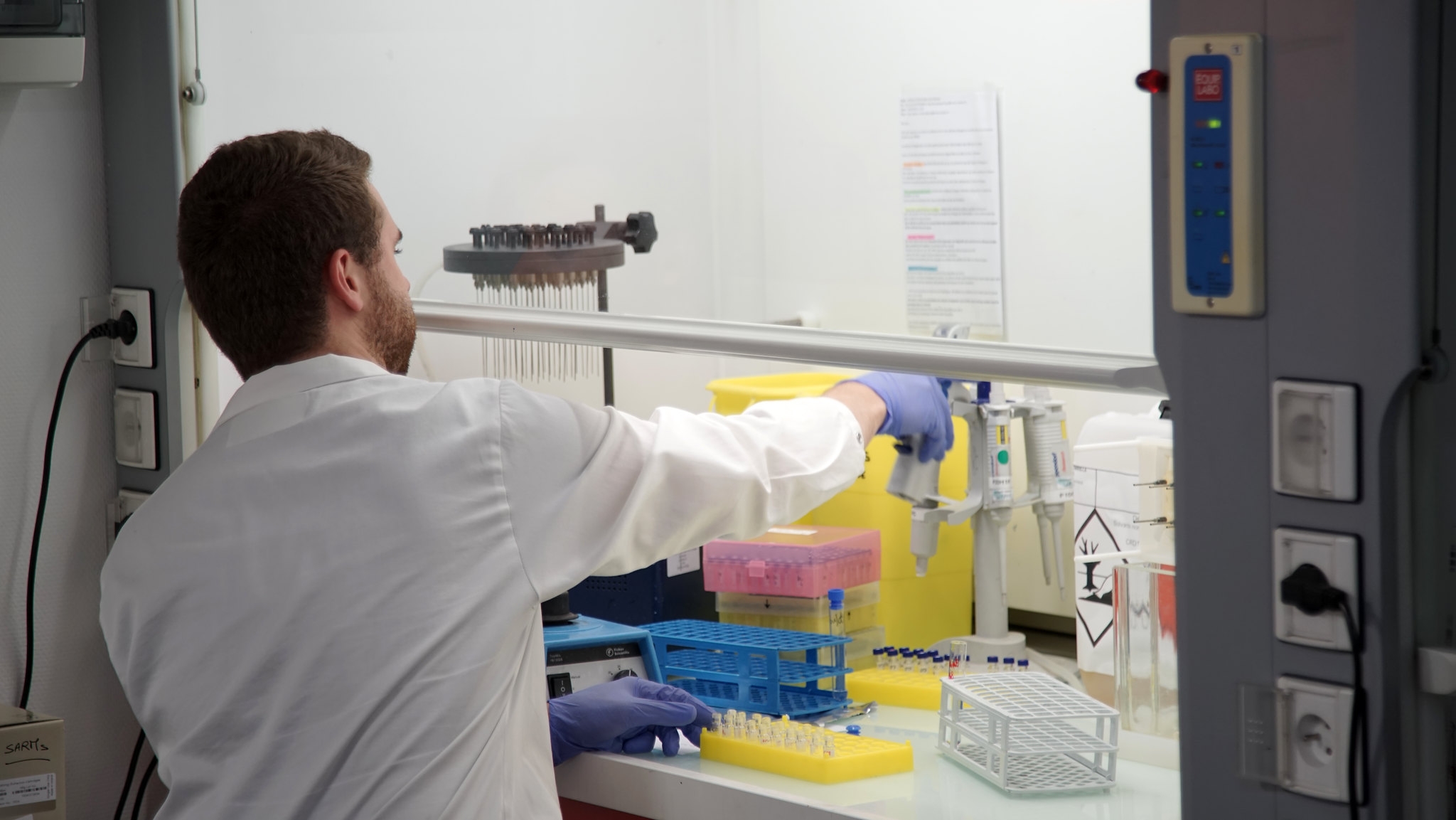
The main SPS challenge to be addressed by the project is to ensure that food safety measures are based on science. The project will strengthen risk analysis capacity in the Latin American region by providing resources and technical support. This will result in efficient and transparent national food control systems, improve access to international markets and contribute to the SDGs 1, 2, 3, 5, 8, 12 and 17.
Latin American countries have significant export potential for food products. However, various reports highlight high levels of import refusals and notifications due to pesticide residues, improper labeling, unapproved additives, the presence of pathogens, and quality-related issues.
Such products are often rejected at their destinations, leading to significant financial losses and reducing trust in Latin American food producers, ultimately impacting the export potential of countries that fail to meet import requirements.
Strengthening the implementation of the risk analysis framework can enhance food control systems to ensure science-based decision-making. Nonetheless, the region faces challenges such as insufficient food safety capacity and workforce, lack of standardized terminologies and methodologies, inadequate inspection systems, and limited access to user-friendly tools. Addressing these challenges will facilitate the adoption of risk-based food safety measures, reducing import rejections and improving countries' ability to maintain or gain international market access.
- Enhanced capacity of Latin American countries to make science-based decisions in food safety, strengthening their food control systems. As a result:
- Competent authorities will be trained and their capacities strengthened.
- National roadmaps and case studies will be developed and aligned with the risk analysis framework.
- A hybrid learning program will be developed to facilitate the implementation of roadmaps and case studies, contributing to capacity building in risk analysis.
- Technical guides and tools will be developed to support the implementation of roadmaps, case studies, and future actions related to the risk analysis framework.
- Consolidation of the FSRisk Network as a key mechanism to strengthen collaboration and knowledge in risk analysis in the region. As a result:
- The FSRisk Network in Latin America will be strengthened through the development of key procedures to enhance coordination and effectiveness.
- Public-private partnerships will be established to contribute to the sustainability of the FSRisk Network, and a sustainability plan will be developed.